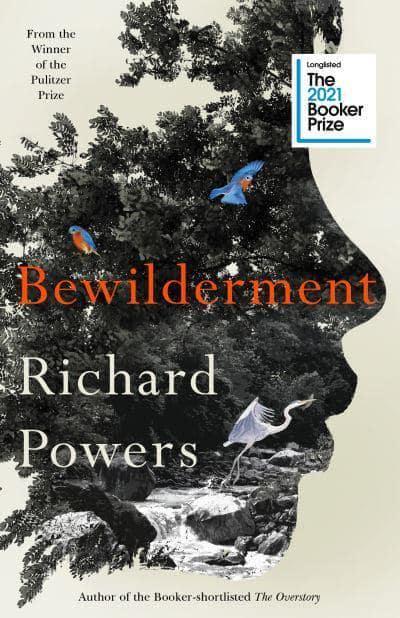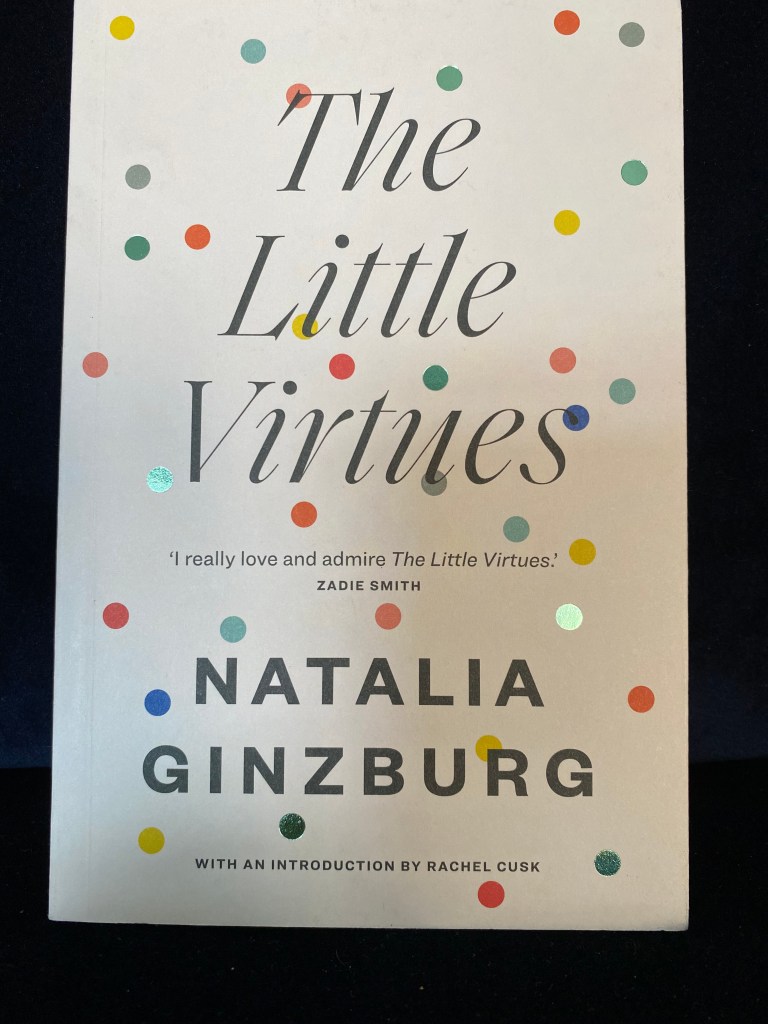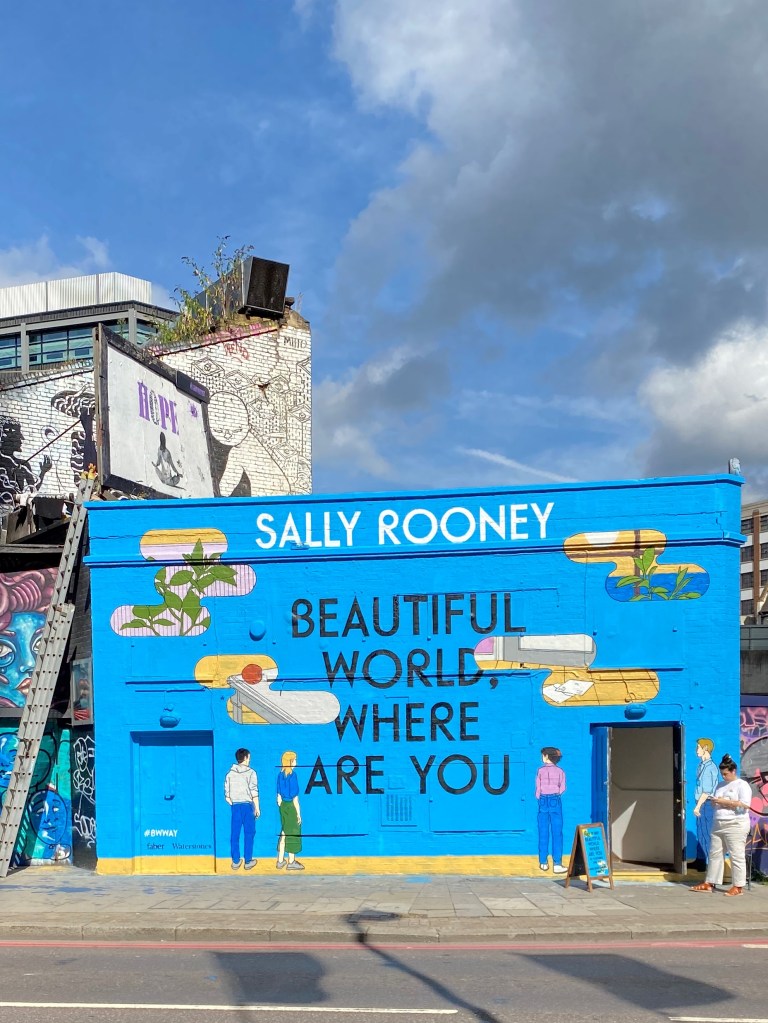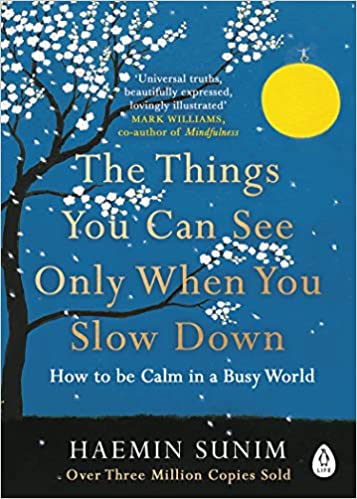A couple of weeks ago I posted about a work trip to London. I’d bought a copy of the very newly minted Sally Rooney novel Beautiful World, Where Are You which had been published earlier that week amid great excitement (there were queues and bookshops were opened at midnight to enable the keenest readers to get their hands on a copy). Whilst in London I also happened to stumble on a ‘pop-up’ in Shoreditch selling not only the novel, but other books to which there are references in the novel, and some merchandise echoing the design of the book’s cover. This book has surely been the most anticipated of the year, and who can blame the publishers, but it has definitely become a ‘product’. As has the author I suspect. I hope she is okay.
I sort of hoped I might devour the novel on the return train trip to London, but I didn’t and in fact it took me a further week or so to finish it. Rooney’s previous novel, Normal People, was a sensation, not least because of the success of the television series, one suspects, which was brilliantly put together with brilliant performances from the two wonderful new young Irish actors playing the lead parts. It was all a moment of pure serendipity and it was a joy that something so good got the attention it deserved.

Rooney’s follow-up novel therefore was always going to be a challenge and I admire her for just getting the thing out under what must have been intense pressure. It is unmistakeably Rooney – the beautiful prose, the masterful dialogue, the introspective characters, Dublin, the palpable tensions between the characters and the things unsaid. There are four characters: Alice, a successful, famous and thus fairly wealthy author (hmm) who has recently had a nervous breakdown and whom we meet when she is renting a seaside house in the country. Felix, her lover, whom she meets on Tinder, a warehouse worker and cash-strapped under-achiever. Eileen, who lives in Dublin and is Alice’s best friend from childhood. Eileen works for a publishing company in a junior role which pays poorly. She is intellectually and emotionally unfulfilled, and bitter at the hand life has dealt her. Simon is Alice and Eileen’s friend, also from their youth, but a little older, a political researcher he lives in Dublin too. He is single, but seems to have a series of much younger girlfriends, handsome, gentle and compassionate, with a strong Catholic faith.
Much of the novel is an exchange of long and detailed communications between Alice and Eileen. They are more like letters, the kind that middle class people of previous centuries might have exchanged, full of lengthy discourse on the meaning of life, love, sex, career, fame and mental health, cleverly punctuated with much more prosaic gossipy tidbits on their love lives. These of course are emails, though, not letters. In between the letters chapters we follow the various events of the characters’ lives, primarily Eileen’s gradual descent into personal crisis and her relationship with Simon, and Alice’s recovery and unlikely relationship with Felix.
It is some way into the book before the characters collide, when Simon travels with Eileen to visit Alice at her rural retreat. The weekend is a kind of catharsis for them all. Everything must break before it can be reassembled in a meaningful way.
If you are expecting a re-run of Normal People you will get some of the same things – a good deal of sex, middle-class angst and working-class insecurity, and a grown-up exploration of Irish identity in the 21st century. But it is a very different book. There are surely some autobiographical elements. It has a lot less pace and it seems a long time before anything significant happens. This novel is a much slower burn. I liked it but I didn’t love it. I did not care as much about any of the characters as I did about Marianne and Connell. I think it is the book Sally Rooney needed to write though, good enough to follow Normal People but perhaps not quite as good, so that, one hopes, some of the hype around her dissipates and she can get on with being a brilliant author and not have to worry about being a celebrity.
I think it will always be worth reading what Sally Rooney writes, so I have no hesitation in recommending this book.
















